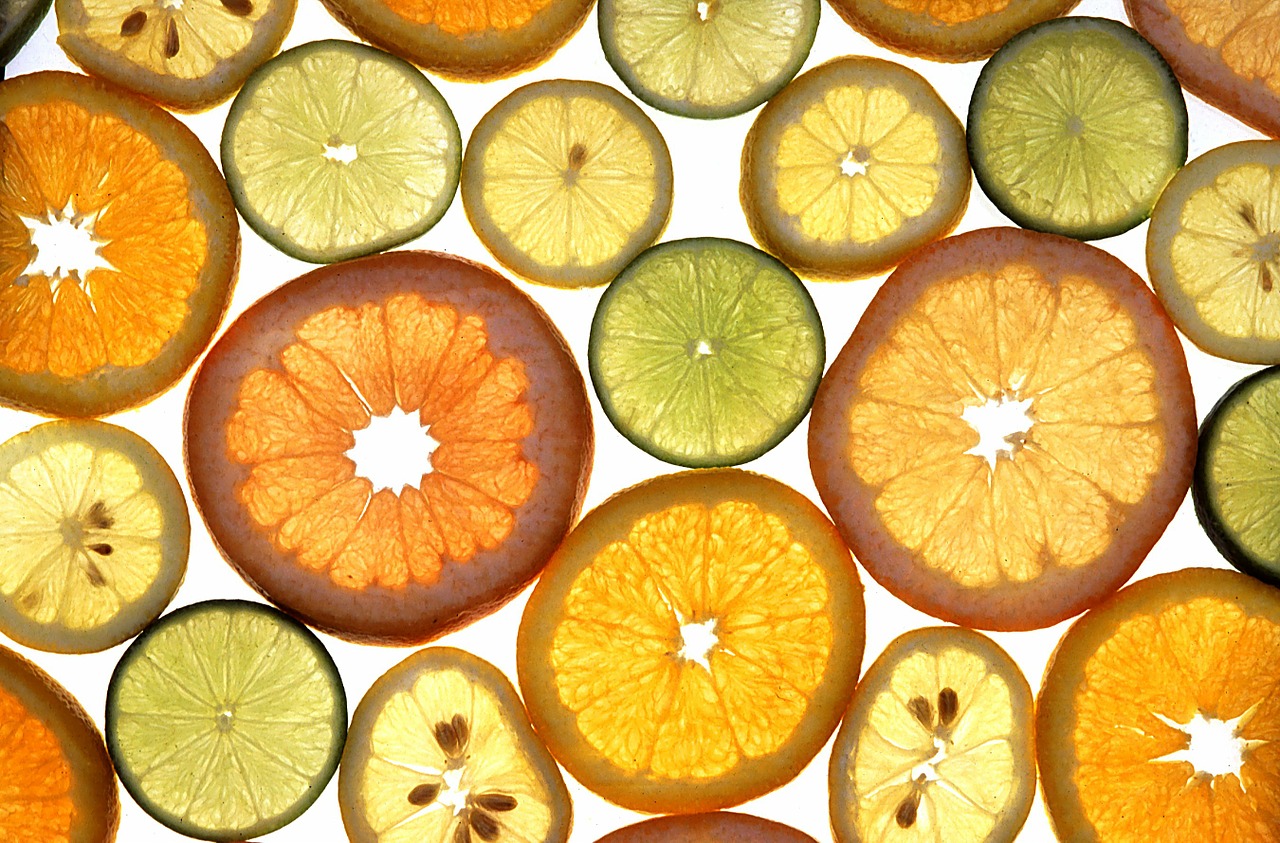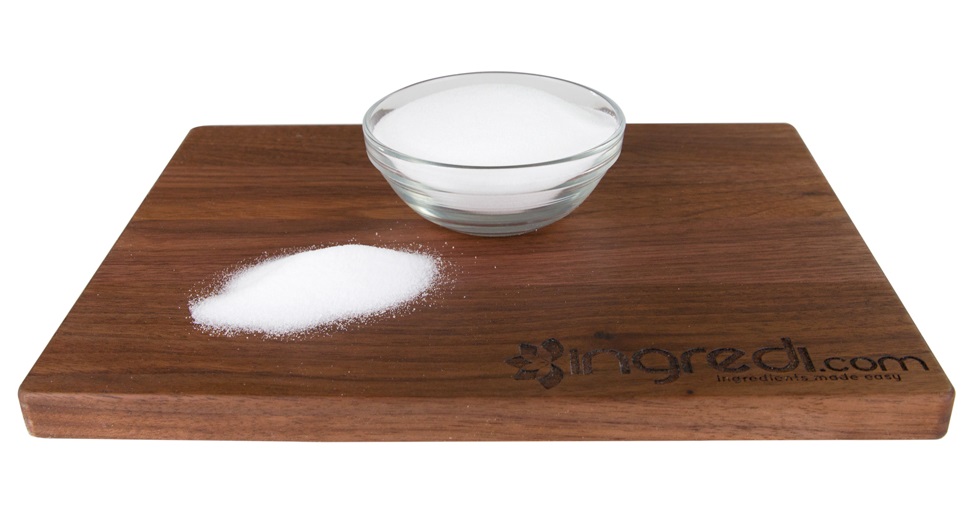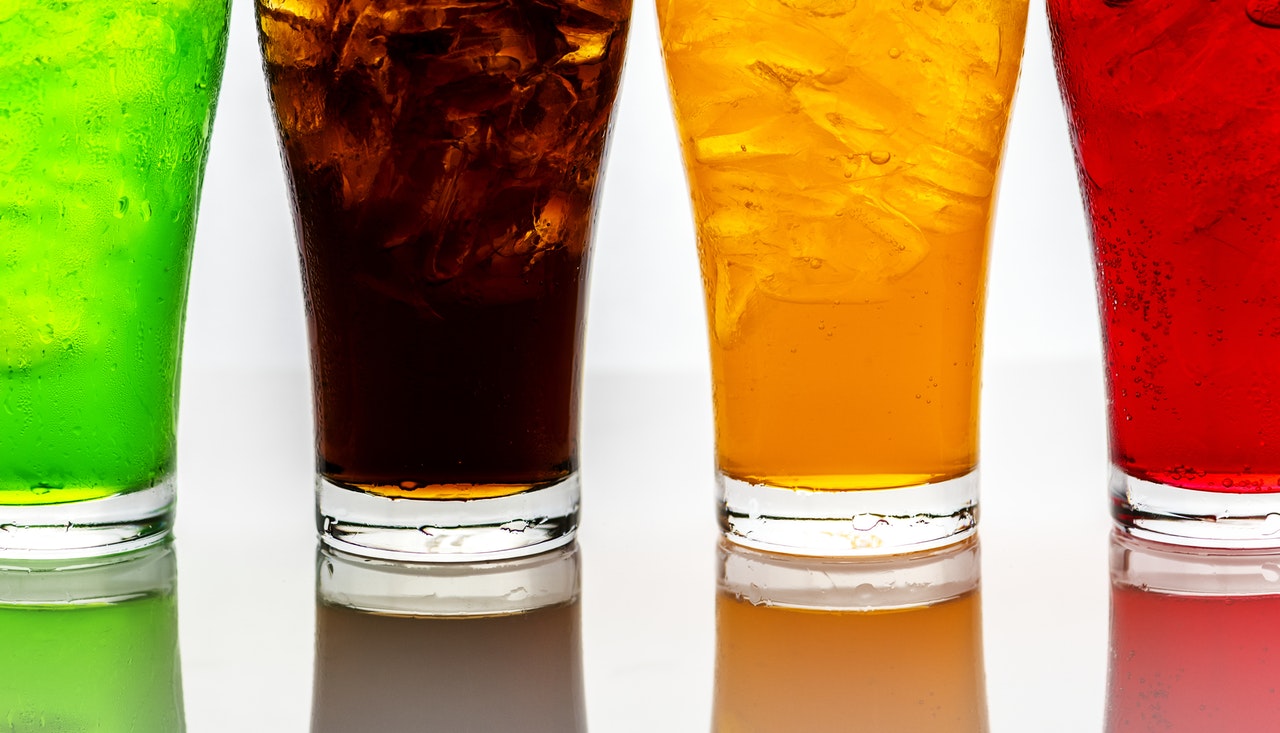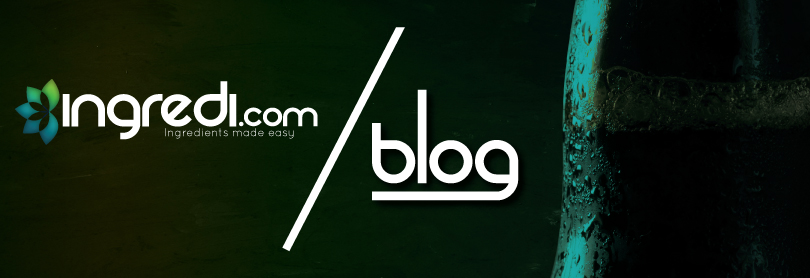What is Citric Acid and How is it Used?
By on Dec 11th 2018
Citric acid is a weak organic acid that occurs naturally in many fruits and vegetables, particularly citrus fruit. Lemons and limes have the highest concentrations of naturally-occurring citric acid. It is used as a food additive in candy, snacks, and beverages and is common in cosmetics, pharmaceuticals, and even industrial applications.
The production of citric acid on the industrial scale has been ongoing since the late 19 th century; today, more than a million tons of citric acid are manufactured every year. Regarding scale, the demand for citric acid is far too high to rely on citrus fruit for industrial use.

How Is Citric Acid Made?
The microbial production of citric acid, first discovered in 1893, didn’t become an important method until World War I disrupted the export of Italian citrus. Then, in 1917, James Currie discovered that certain strains of Aspergillus niger (a mold) could efficiently produce citric acid. Once this method became feasible on an industrial scale, it became the major means of producing citric acid on an industrial scale and remains so today. Cultivating Aspergillus niger, and allowing it to metabolize sucrose or glucose, is an efficient and inexpensive means to produce citric acid.
At Ingredi, you can purchase citric acid in bulk quantities as a fine, white crystalline powder or as a 50% solution blended with water.

Citric Acid Uses
Citric acid is an economic food additive, in part, due to its numerous applications. Here are a few of the most common uses for citric acid both on an industrial scale and in the home.
Citric Acid in Food
The food and beverage industries account for a majority of the world’s citric acid. As a strong edible acid, it is predominantly used as both a flavoring agent and a preservative in products such as soft drinks and candies. This effective organic preservative can be found on food and drink labels as E330.
Citric acid is considered an acidulant. Acidulants are chemical additives used to impart a more acidic flavor to foods and beverages. As an acidulant, citric acid is different from acidity regulators, or pH control agents. While citric acid is often used to add a tart, sour, or acidic flavor to foods and drinks, its use is not intended to modify the stability of food or enzymes within it.
As an acid, using citric acid in foods can also create an environment that inhibits bacterial growth. As a food preservative, citric acid is commonly found in a variety of food ranging from jams and candy to canned goods and meat products.
Citric acid can also be used to create an acidic environment that facilitates the ripening process for cheese making. Additionally, citric acid can be used when brewing beer or making wine.

Household and Carpet Cleaner
Did you know that citric acid is a powerful cleaning agent? Many all-natural household cleaners contain small amounts of citric acid to help eradicate water stains and messes. Thanks to its pleasant citrus smell, it also makes a nice deodorizer, too. Many carpet companies use carpet cleaning solutions that include pharmaceutical-grade citric acid.
Cosmetics and Pharmaceuticals
Besides its use in food, citric acid is also used as an acidulent in all kinds of creams, gels, and liquids. As an alpha hydroxy acid, it is also an active ingredient in chemical peels. Citric acid is also one of the active ingredients in antiviral tissues.
For more information on citric acid as a preservative, check out this post.
You can shop citric acid and other acidulants in bulk at ingredi.com!
Sources:






